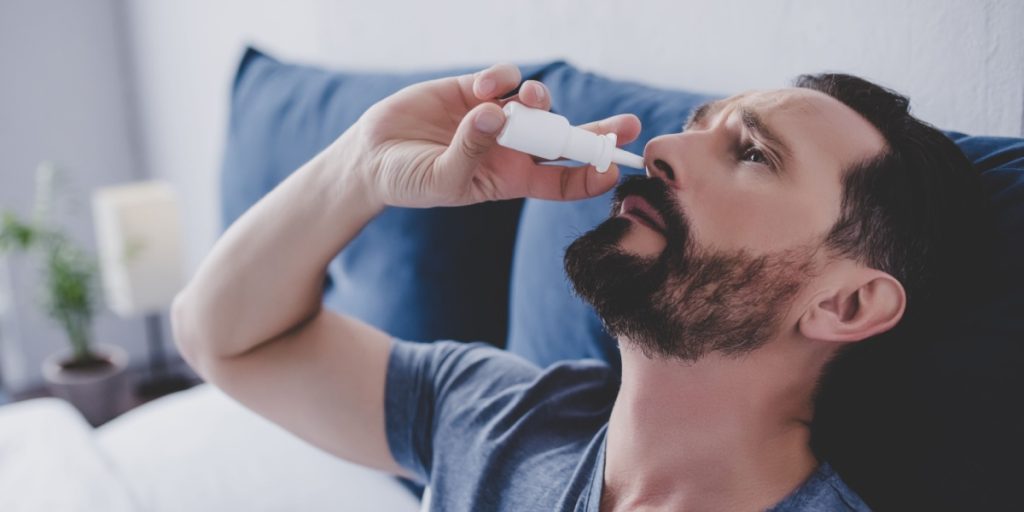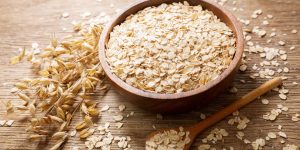Researchers in Australia have developed a new nasal spray that significantly reduces the severity of sleep apnea.
Others are reading now
study by researchers from Flinders University in Australia. They discovered that the spray could lessen the severity of participants’ sleep apnea by 25 to 45 percent.
Sleep apnea, often evidenced by loud snoring, results from the body pausing breathing throughout the night. This condition causes the muscles at the back of the throat to relax, narrowing or completely collapsing the upper airways, thus preventing oxygen intake and causing frequent awakenings.
The new nasal spray contains a substance shown to prevent the throat from narrowing. Specifically, it includes a potassium channel blocker that inhibits the potassium channel in the central nervous system.
“When used in a nasal spray, it can potentially increase the muscle activity that keeps the upper airway open, reducing the risk of throat narrowing during sleep,” explains Amal Osman, the lead author of the study, which was published in The Journal of Heart and Circulatory Physiology.
Also read
He and the other researchers behind the study aimed to find the effects of the potassium channel blocker on people with severe sleep apnea. They also tested on a group that was only allowed to breathe through their noses. Additionally, a third group received a placebo nasal spray for comparison.
Among the ten individuals who received the spray with the potassium channel blocker, seven noted an improvement.
It is estimated that nearly one billion people globally suffer from sleep apnea, a condition linked to several other health issues.
The disorder can also cause other conditions, explains Danny Eckert, a professor at the College of Medicine and Public Health at Flinders University. This includes increasing the risk of cardiovascular diseases, stroke, obesity, diabetes, anxiety, and depression.








